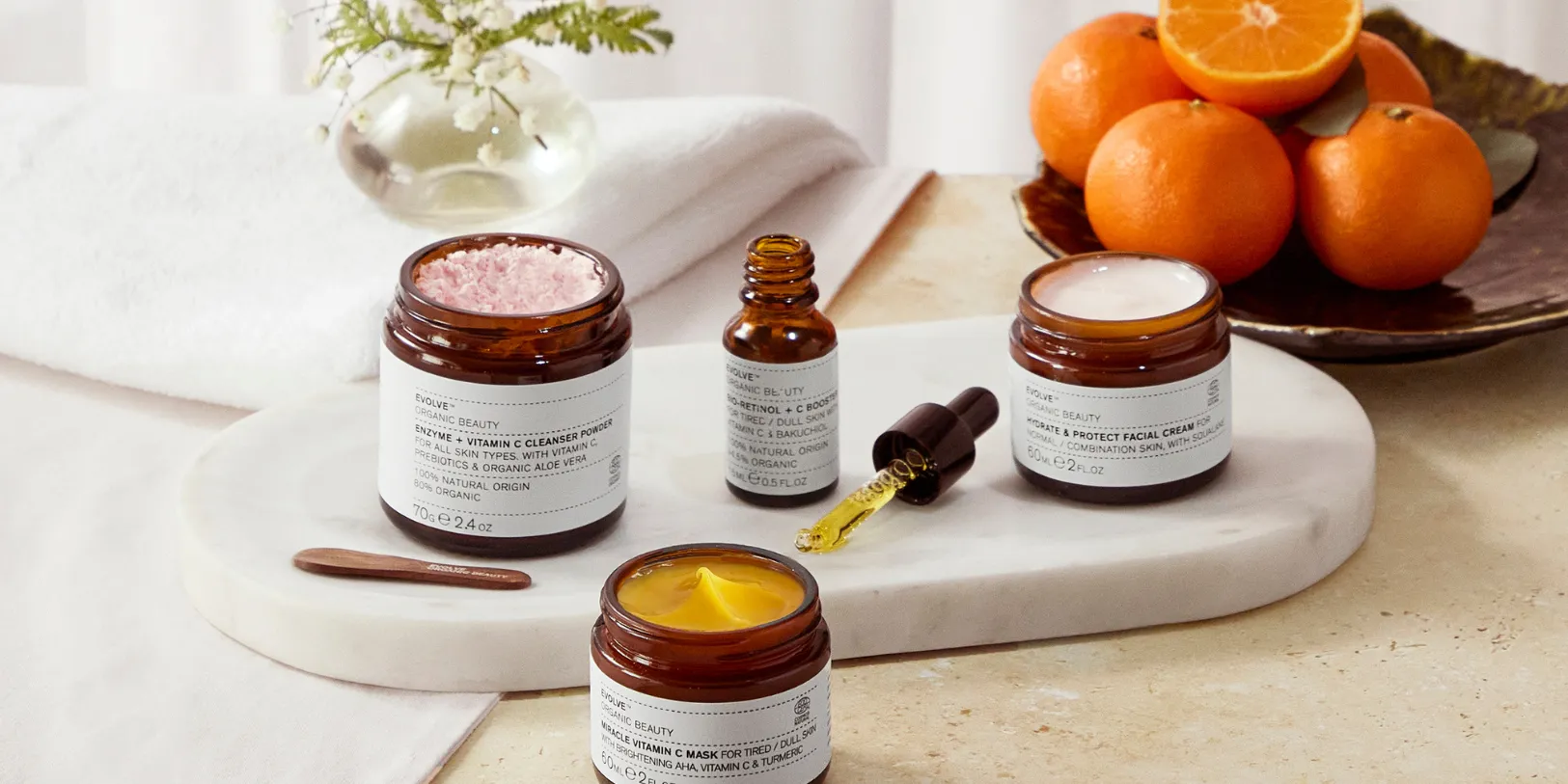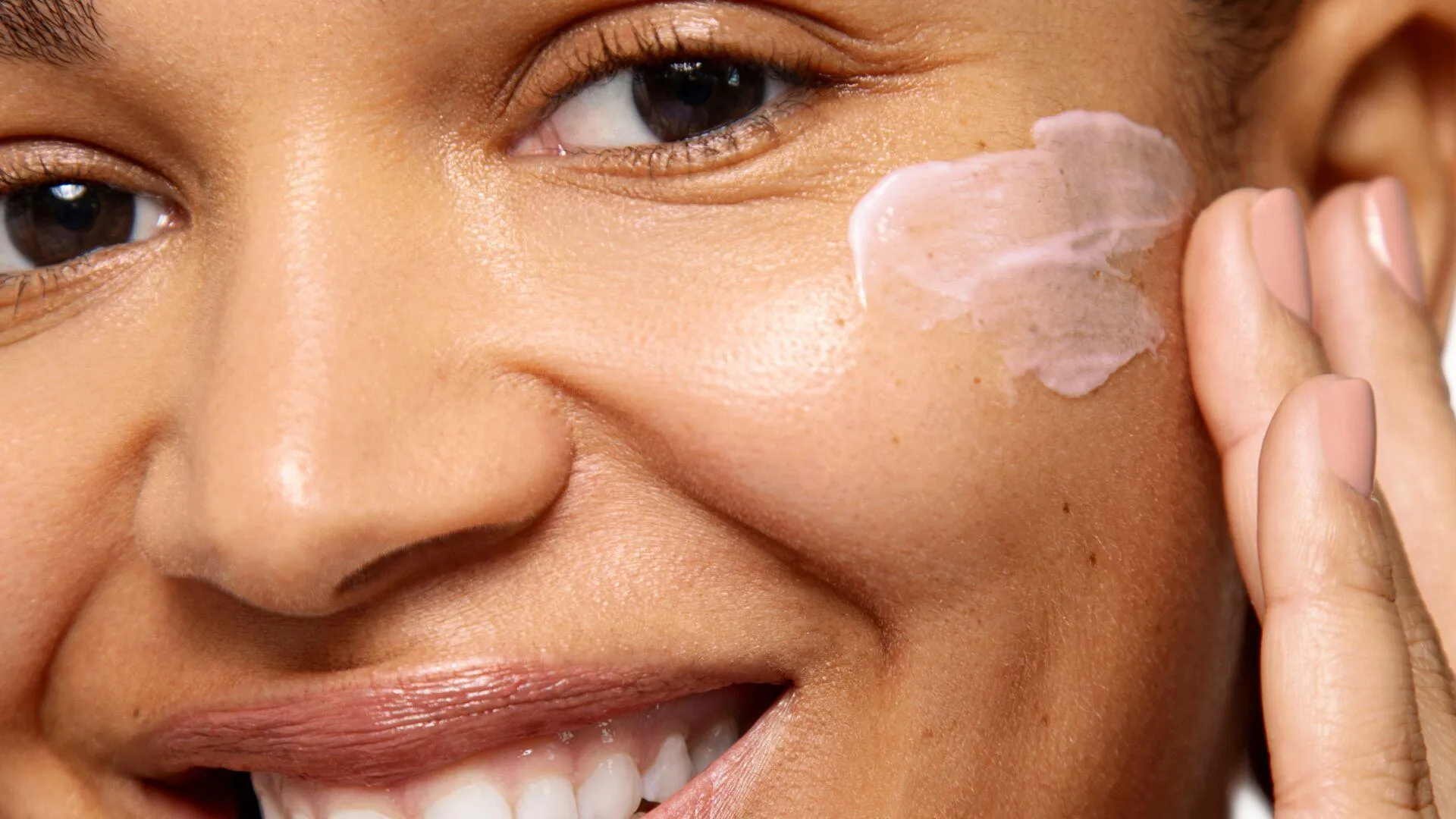For one to ponder, can you use retinol and vitamin c in a skincare routine? There has to be some beauty catastrophe in the making, which must be done carefully. This guide comes in really handy as it is the ultimate solution for every know-how you seek. So tag along!

Going on with, can you use retinol and vitamin C? Of course, these two are the Beyoncé and Jay-Z of skincare ingredients—both are superstars individually, but together they create magic.
But, just like any power couple, they need to be used correctly so that there is no drama (read: frustration).
What Do Vitamin C and Retinol Do?
Vitamin C is like an antioxidant and is like a superhero shield for your skin. It fights the free radicals (those evil little molecules that age you), brightens up your complexion, and boosts collagen production. It’s your skin’s morning coffee—it wakes up everything and makes it glow.
While retinol is the ultimate anti-aging. It’s a form of Vitamin A that boosts cell turnover, smooths fine lines, and unclogs pores. It’s your skin’s personal trainer—tightening it up, but sometimes it can be a bit too strong.
Can Retinol and Vitamin C Work Together?

Yes! Vitamin C and retinol can be used together. Here’s why:
1. Day and Night Teamwork
Vitamin C is best applied in the morning because it protects your skin from environmental stressors (like UV rays and pollution).
Retinol, on the other hand, is a nighttime hero because it can make your skin sensitive to the sun. So, they clearly alternate—vitamin C during the day, Retinol at night.
2. Strengthening Each Other’s Power
Vitamin C stabilizes retinol, increasing its potency. Vitamin C’s brightening ability can also enhance the glow that Retinol offers in the long run.
3. Treating Different Concerns
Vitamin C works on protection and brightness, while Retinol works on wrinkles and texture. Together, they work on all the areas for healthy, youthful-looking skin.
How to Use Them Together Without Irritation
Here’s where things get a little tricky. Vitamin C and Retinol are both high-power ingredients, and abusing them can lead to redness, dryness, or irritation. Just follow these simple tips so your skin is happy:
1. Don’t Layer Them Directly
Applying Vitamin C and Retinol at the same time is too harsh for your skin. Use Vitamin C in the daytime and Retinol at night instead. This will enable your skin to absorb each product without being overpowered.
2. Start Slow
If you’re new to either ingredient, introduce them one at a time. Start with Vitamin C, use it for a few weeks, and then add Retinol into your nighttime routine. This helps your skin build tolerance.
3. Moisturize and Protect
Both of these products dry out the skin, so always follow with a good moisturizer. And don’t forget daytime sun protection—retinol makes your skin sensitive to the sun, and Vitamin C works best when protected by SPF.
4. Choose the Right Formulas
Use stable Vitamin C formulations (like L-ascorbic acid or magnesium ascorbyl phosphate) and mild Retinol products, especially if you have sensitive skin.
Should I Be Careful When Using Vitamin C and Retinol?

Whereas Vitamin C and Retinol together can be magic, there are a few situations where you’ll need to tread carefully:
1. Sensitive Skin
When your skin is sensitive, apply them alternate days instead of daily.
2. Strong Concentrations
Too much of either of these ingredients is too harsh. Start with smaller percentages and increase as needed.
3. Other Active Ingredients
If you’re using other exfoliants (like AHAs or BHAs), be extra careful not to overdo it. Too many actives at once can lead to irritation.
Last Lines
Vitamin C and Retinol are your dream couple for your skin, but like any great couple, they must be balanced.
It is recommended to use them at different times of the day, start slowly, and always listen to your skin. Used in the right way, they can give you a radiant, youthful complexion that’s well worth the extra work.
So, will Vitamin C and Retinol get along? Absolutely—just think of them as the dynamic duo of skincare. With a little patience and the right routine, they’ll have your skin looking like it’s ready to hit the red carpet!
